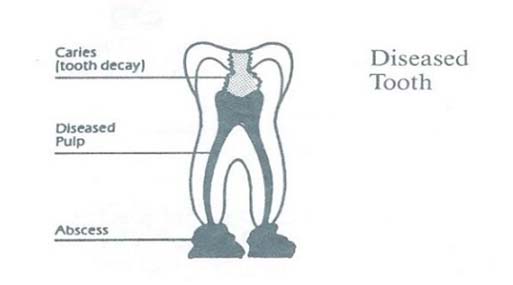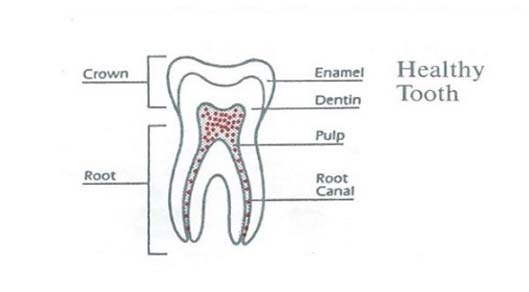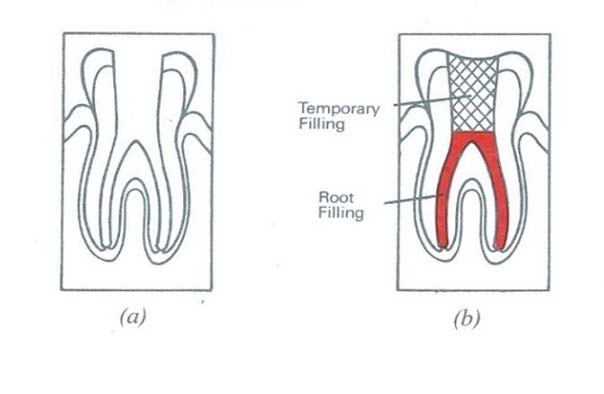Endodontics
Saving your natural teeth with advanced care
Welcome to Endodontic Practice
Frequently Asked questions
Endodontic, or root canal therapy, removes infected or damaged tissue from inside a tooth. This tissue, called the pulp, contains nerves and blood vessels that help nourish the tooth. After the pulp is removed, the pulp chamber and root canal are cleaned, disinfected, filled and sealed
Endodontic therapy saves teeth that would otherwise be extracted. Although the pulp is removed, the treated tooth remains functional. There is no real substitute for your own tooth, which is more efficient in chewing and biting than an artificial one.
By referring you to a specialist who performs nothing but endodontic procedures, your family dentist is demonstrating a personal concern for the quality of your dental care.
Because endodontists limit their practice to pulp related procedures, you will need to return to your family dentist for the final restoration of the tooth.
The most common cause of pulp damage is severe decay or a fracture that exposes the pulp to bacteria that may cause infection. Other causes of pulp damage include traumatic injury, such as a blow to a tooth, a cracked or loose filing or repeated fillings in a tooth and occasionally periodontal, or gum disease.
In the majority of cases endodontic therapy is completed in one or two visits.
However, in certain clinical conditions, it may be necessary to delay completion of the treatment to a third or subsequent visit.
Extraction is the only alternative. And unless the tooth is replaced, adjoining teeth will shift, interfering with biting and chewing. Replacing a tooth with an artificial one often requires dental procedures on adjacent healthy teeth.
Occasionally a tooth can’t be saved. Endodontic therapy can be performed only if the root canals are accessible and can be adequately disinfected and sealed. However, despite exemplary treatment, some teeth do not fully respond to treatment. This may mean that further treatment may be necessary.
The cost of an endodontic procedure varies depending on how severe the problem is and the type of tooth. Molars with two or three root canals are more difficult to treat and usually cost more. Endodontic therapy is usually less expensive than extracting a tooth and replacing it with an artificial one.
a.) The pulp is removed from the tooth and the root canals cleaned and shaped to a form that can easily be filled. A temporary filling is placed in the tooth between visits.
b.) When completely clean and free of infection the root canals are filled and sealed with a material that prevents reinfection.



